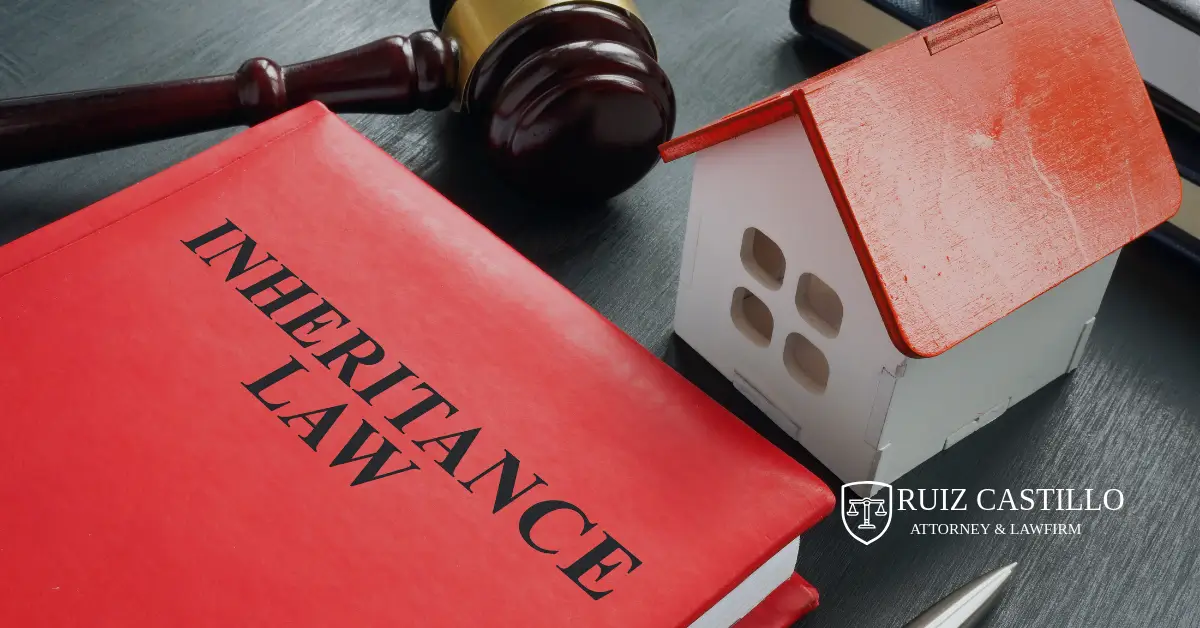
Navigating taxation in Spain can be complex, but understanding your obligations is essential for expats. This guide provides a comprehensive overview of the Spanish tax system, from determining tax residency to filing taxes and reporting overseas assets. Whether you’re living in Spain full-time or part of the year, understanding your tax obligations will help you […]
Happy clients
Experience
Masters degrees
Navigating taxation in Spain can be complex, but understanding your obligations is essential for expats. This guide provides a comprehensive overview of the Spanish tax system, from determining tax residency to filing taxes and reporting overseas assets. Whether you’re living in Spain full-time or part of the year, understanding your tax obligations will help you stay compliant and potentially save money.
Expats in Spain are subject to a variety of taxes depending on their residency status and the nature of their income or assets. The key taxes to be aware of include:
Spain has signed double taxation agreements with many countries, including the United States, the United Kingdom, and most EU nations. These agreements aim to prevent expats from being taxed on the same income in both Spain and their home country. They typically allow tax credits or exemptions for income that has already been taxed abroad.
Understanding how these agreements apply to your specific situation is key to avoiding double taxation. If you’re concerned about how your foreign income may be taxed, feel free to contact me, José María Ruiz Castillo, for personalized advice.
Read my in-depth article about double taxation agreements.
Understanding your tax residency status is crucial because it determines whether you will be taxed on your worldwide income or just your Spanish-source income.
Tax residents are subject to taxes on their worldwide income, while non-residents are only taxed on income earned within Spain. If you’re unsure about your tax residency status, I can assist you in determining your obligations.
Read my in-depth article about the Spanish tax residency.
Expats who qualify for the Special Tax Regime for Impatriates, also known as the Beckham Law, can benefit from a reduced tax rate on income earned in Spain. Under this regime, qualifying individuals are taxed at a flat rate of 24% on Spanish-source income up to €600,000 for a period of up to six years. This can result in significant tax savings compared to the standard progressive tax rates.
To qualify, you must not have been a tax resident in Spain during the previous 10 years and must have a work contract in Spain. If you think you might qualify for this regime, contact me to explore how it can benefit your financial situation.
Expats who are considered tax residents must file their annual income tax return using Modelo 100. The Spanish tax filing period typically runs from April 3 to July 1 each year. Filing your taxes on time is essential to avoid penalties.
Modelo 100 requires you to report all types of income, including wages, rental income, and investment earnings, both from Spain and abroad. Spain’s tax system also offers deductions and exemptions, so it’s beneficial to work with a tax professional to ensure you maximize your savings. If you need help with tax filing or navigating Modelo 100, don’t hesitate to contact me for assistance.
If you hold significant assets outside Spain, you must declare them using Modelo 720. The reporting threshold is €50,000 for each category of assets (bank accounts, real estate, and securities), meaning you must report if the total value in any one category exceeds this amount.
While failing to declare these assets used to carry severe penalties, recent changes following a ruling by the European Court of Justice have led to a reduction in fines. However, it remains important to comply with the law and submit your declaration accurately to avoid any complications. I can guide you through the process to ensure compliance and avoid penalties.
In recent years, there have been several key changes to Spain’s tax system that are particularly relevant for expats:
If you have questions about how these recent changes may affect your tax obligations or are interested in applying for the digital nomad visa, feel free to contact me for expert legal assistance.
Understanding the Spanish tax system is essential for expats to ensure compliance and avoid unnecessary penalties. From determining tax residency and filing taxes to reporting overseas assets, expats must stay informed about their obligations under Spanish law.If you’re an expat in Spain and need assistance with tax filing, understanding double taxation agreements, or applying for beneficial tax regimes like the Beckham Law, contact me, José María Ruiz Castillo, today. As a legal expert specializing in helping expats navigate the Spanish tax system, I’m here to provide personalized advice and ensure you meet your tax obligations while optimizing your financial situation.







